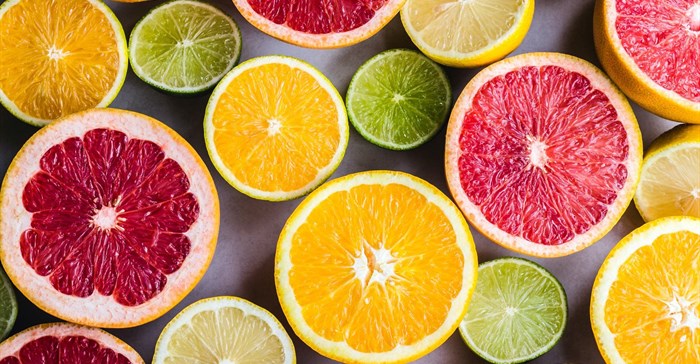
South Africa is the only apple producer in the region and the dominant source of citrus. However, under current regulations, although food transport may continue, cross-border passenger traffic has been suspended. As such, buyers from neighbouring countries such as Swaziland, Mozambique and Zambia have decreased sharply, strongly affecting sales.
"Buyers from neighbouring countries usually buy a lot of fruit," says Adrihan Kruger of Grow Fruit market agency at the Johannesburg market. "There are currently a lot of challenges for buyers from across the border, but they are sending trucks and trying to buy by phone."
Apples and pears are particularly hard hit, with stocks building up. This is because fruit is regarded as a luxury item at the moment.
Theresa Fredericks of DW Fresh market agency at the Johannesburg fresh produce market says that they are selling less than half the number of apples to buyers from neighbouring countries than before. “Usually we’d be doing close to 200 pallets a week, now it is 40 or 50.”
Zambian buyers are reportedly prepared to pay between R120 and R140 for a 15kg carton of oranges. That comes to R9,30 per kilogram, compared to the current South African domestic average price of R5,21 per kilogram for oranges.
The Zambian Business Times reported at the end of March that Lusaka fruit traders were finding it difficult to replenish stock, with orange and banana prices swiftly rising.
The Senwes orange harvest is building up, but for the past two weeks oranges have been scarce, says Elfranco Hoogenhout of Farmers’ Trust at the Tshwane market. Due to a very strong export market, the volume of lemons on the market is lower but are coming in. Citrus demand is higher than usual, but he is reticent to attribute it solely to the coronavirus.
Sales of staple vegetables such as potatoes, onions and tomatoes are much stronger than fruit. This could be attributed to the fact that temperatures have been falling across South Africa, resulting in consumers buying vegetables rather than fruit.
This article was originally published on FreshPlaza.

AgriOrbit is a product of Centurion-based agricultural magazine publisher Plaas Media. Plaas Media is an independent agricultural media house. It is the only South African agricultural media house to offer a true 360-degree media offering to role-players in agriculture. Its entire portfolio is based on sound content of a scientific and semi-scientific nature.
Go to: http://agriorbit.com/